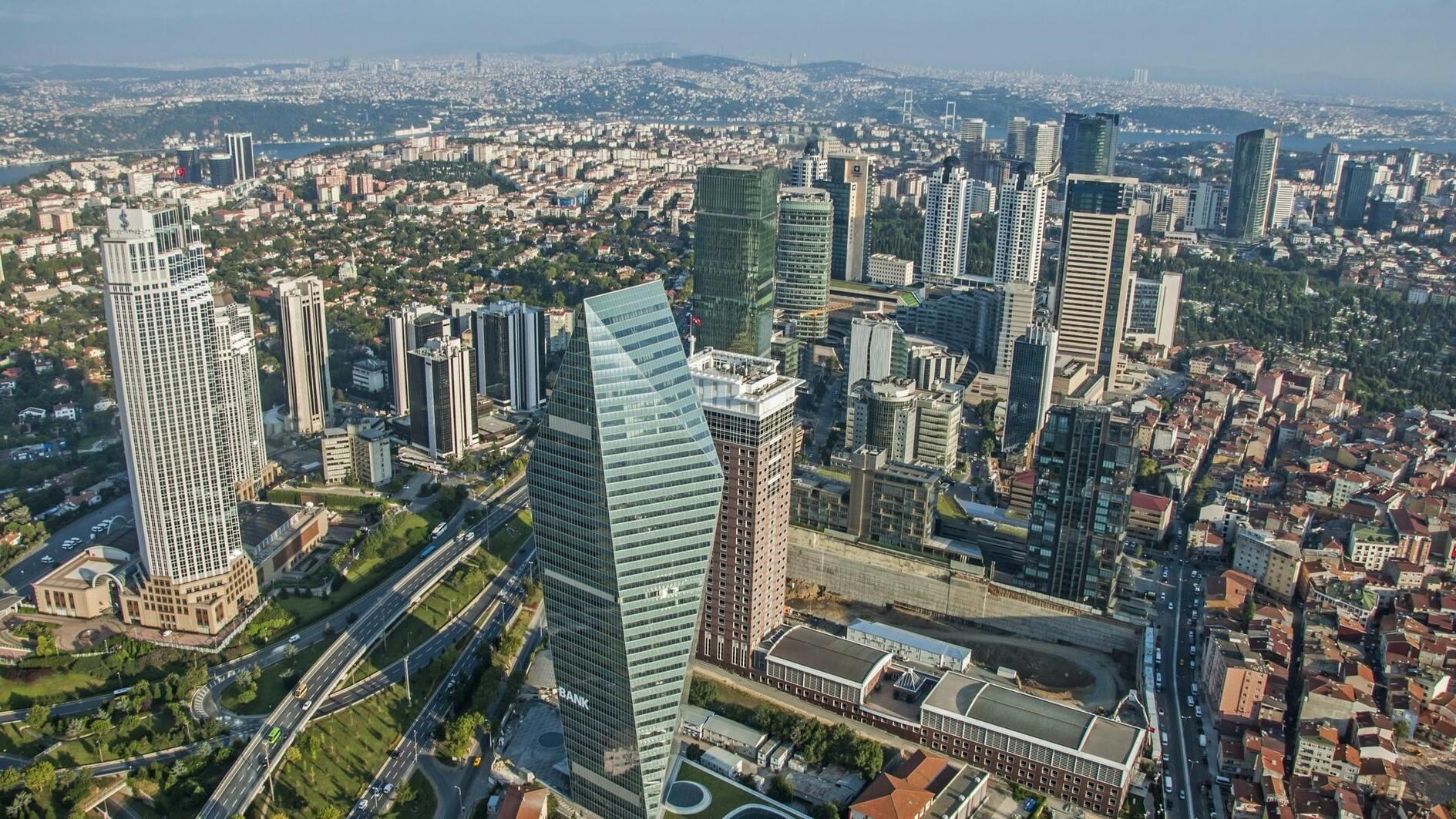Eurozone growth forecast cut down
Bloomberg

refid:11576265 ilişkili resim dosyası
The European Commission cut its forecast for the euro-area economy and now expects a contraction twice as deep as it projected just three months ago as financial markets "remain under stress" from the global crisis.The economy of the 16 countries sharing the euro will shrink 4 percent in 2009 and 0.1 percent in 2010, the Brussels-based commission, the European Union’s executive, said yesterday, revising a January estimate for a contraction of 1.9 percent this year.
The region’s average budget deficit will swell to 5.3 percent of output this year and unemployment will rise to 9.9 percent, the commission said.
Companies across the continent are cutting production and firing workers to survive the worst recession since World War II, while governments’ efforts to support their banks and economies have pushed public deficits beyond the limits set out in European rules. The European Central Bank may this week announce new measures to tackle the recession after cutting its benchmark rate to a record low.
"The European economy is in the midst of its deepest and most widespread recession in the post-war era," EU Monetary Affairs Commissioner Joaquin Almunia said in a statement. "But the ambitious measures taken by governments and central banks in these exceptional circumstances are expected to put a floor under the fall in economic activity this year and enable a recovery next year."
The commission’s new forecasts are in line with numbers from the International Monetary Fund, or IMF, and the Organization for Economic Cooperation and Development, or OECD. The IMF said on April 22 that the euro-area economy may shrink 4.2 percent this year and 0.4 percent in 2010, while the OECD forecast a contraction of 4.1 percent this year and 0.3 percent in 2010.
Infineon Technologies, Europe’s second-largest maker of semiconductors, and BASF, the world’s largest chemical company, are among companies cutting jobs. Infineon has reduced its workforce by 9 percent since September and BASF last week said it would cut 2,000 jobs.
Holding the line on prices
As the global slump curbs orders and rising unemployment undermines consumer spending, companies are being forced to hold the line on prices. Paris-based Carrefour, Europe’s largest retailer, is launching a budget range covering 400 product lines to help reverse declining sales in its home market.
Euro-area inflation will slow to 0.4 percent this year before accelerating to 1.2 percent in 2010, the commission projected in yesterday’s forecasts. That follows a report from the commission last week showing consumers expect prices to decline over the next 12 months, the first time the price-outlook gauge has been negative since at least 1990.
The commission sees the euro region’s unemployment rate increasing to 9.9 percent this year and 11.5 percent in 2010, with the highest rates expected in Spain and Ireland. The budget deficit will probably swell to 5.3 percent this year and 6.5 percent in 2010 from 1.9 percent in 2008, it said. The shortfall will breach the EU limit of 3 percent of gross domestic product for the first time since 2003.
This year, Ireland will contract 9 percent, Germany 5.4 percent and economic output in Italy will drop 4.4 percent. The economy of the 27 countries in the EU will also shrink 4 percent this year, according to the commission forecasts.
Europe’s economy may be moving past the worst of the recession, data last week suggested. Confidence in the euro area increased for the first time in 11 months in April, the European Commission said, while Germany’s Ifo business confidence index rebounded from a 26-year low. Beyond Europe, U.S. consumer confidence jumped the most in more than two years and Japan’s industrial output rose for the first time in six months.
The economic slump has prompted the ECB to embark on the most aggressive series of interest-rate cuts in its 10-year history. The Frankfurt-based central bank has lowered its benchmark rate 3 percentage points to a record low of 1.25 percent and signaled another cut is likely at its next meeting on May 7. President Jean-Claude Trichet has said policy makers will decide on any additional measures at that meeting.
















